A unanimous 9-0 decision by the United States Supreme Court in the Dillia v. Texas case addressed whether people can sue states in federal court for compensation.
This comes under the Takings Clause of the Fifth Amendment and the lawsuit came from a 2017 incident where a highway median barrier in Texas caused damage to private properties from stormwaters.
Damage in Houston

The Houston area of Texas affected by the stormwater redirection caused damage to homes, businesses, crops, and livestock.
Central to the case was the interpretation of the Takings Clause and whether it can allow people to directly sue states for compensation without the need for congressional say-so.
Significant Losses for Landowners
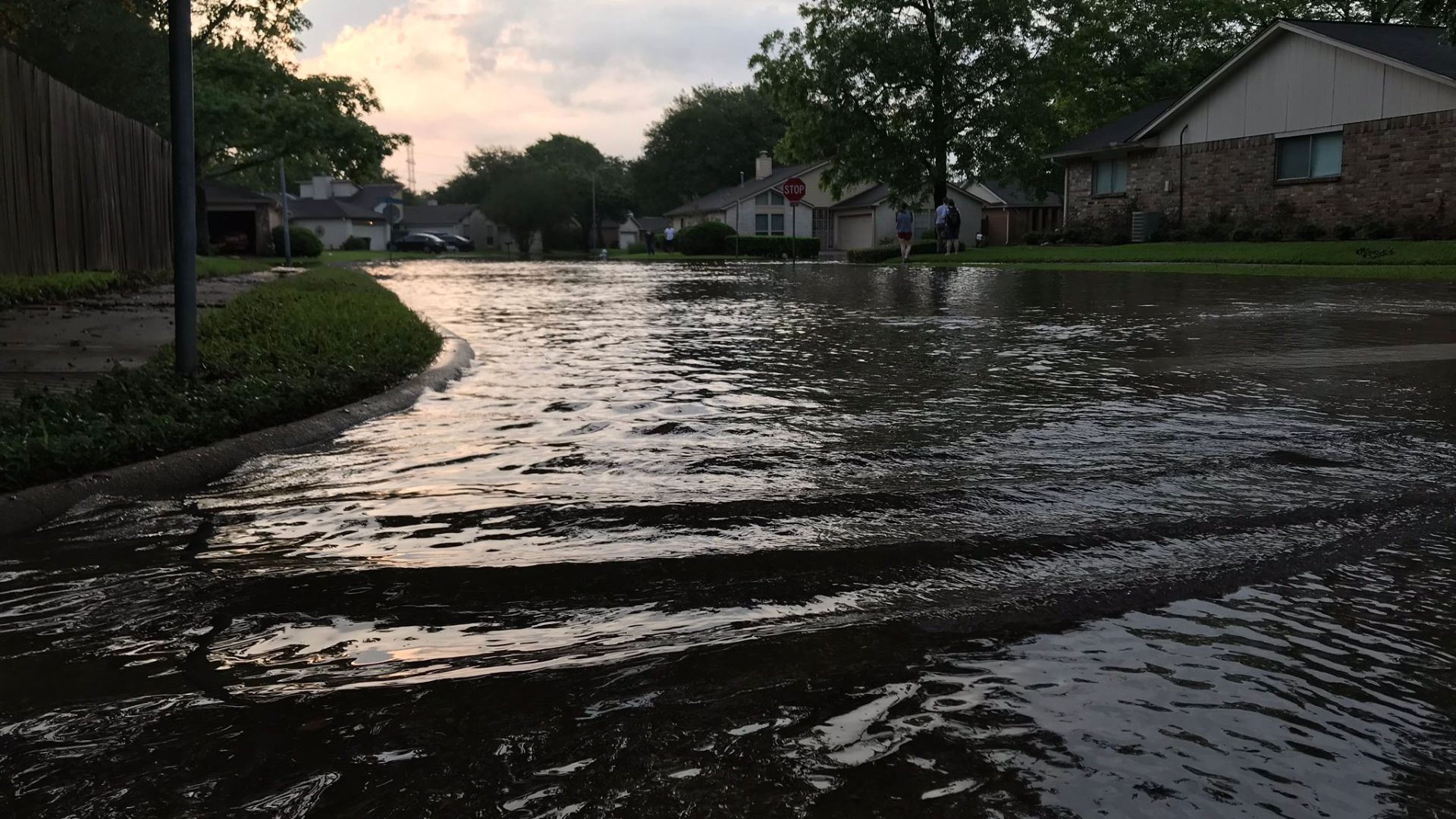
The hurricane caused significant losses for over 100 landowners in Houston, Texas, which affected homes, businesses, crops, and livestock.
However, as the Takings Clause is open to various interpretations, this is what ultimately led to the court case as people were confused as to what was and wasn’t allowed.
Who Is Richie DeVillier?

Richard DeVillier is central to this case. His family has owned the same patch of land in Texas since the 1920s and has never had any issues with flooding… until now.
However, changes that were made surrounding the family’s land caused flooding. The flooding was so bad that it was considered a catastrophe, which caused him to take action.
Renovations Caused Flooding
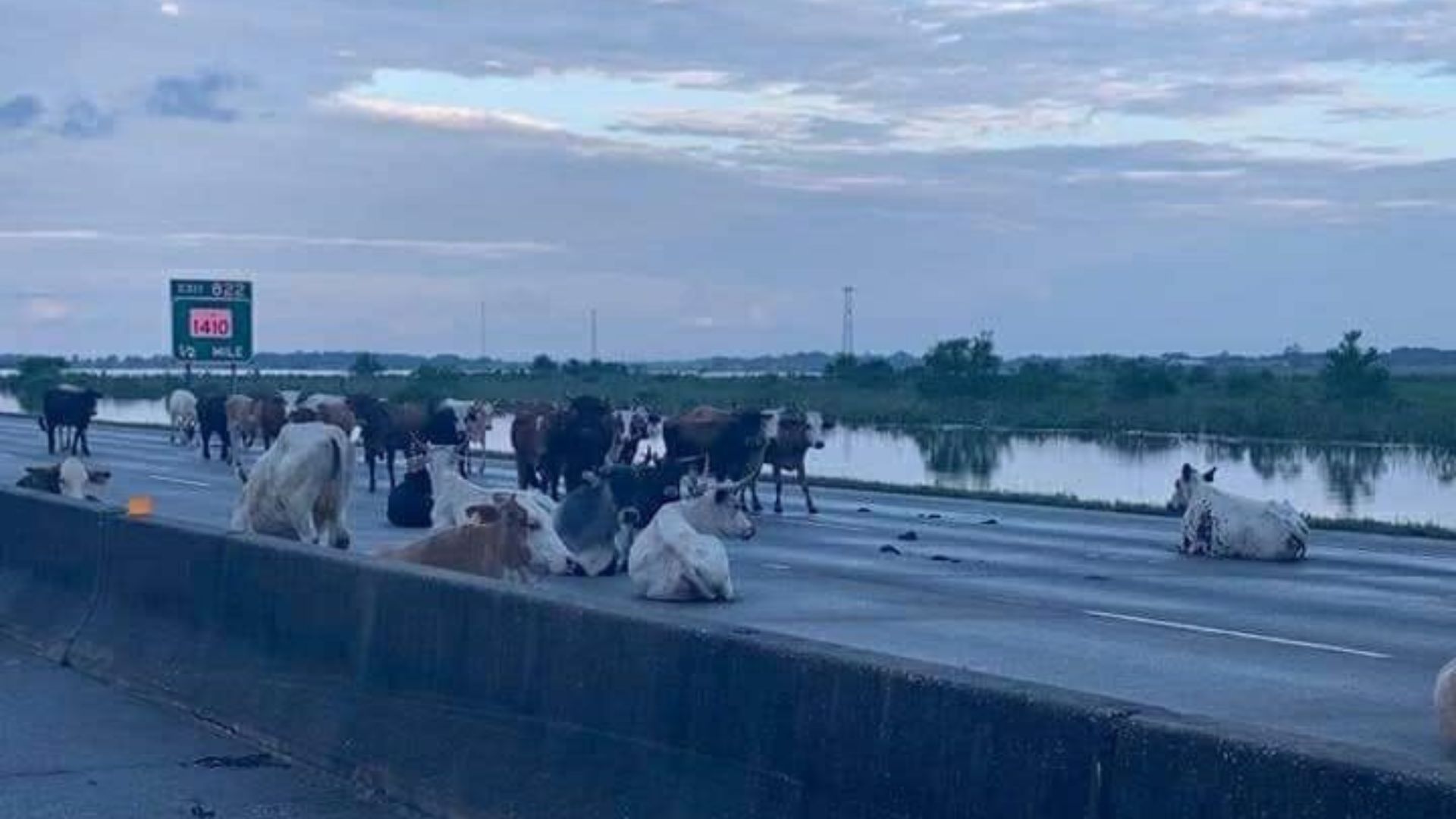
The Texas Department of Transportation renovated IH-10, a highway that runs south of the ranch. The highway was raised, but a 3-foot-high, watertight concrete barrier, which was basically a dam, ran along the middle of it.
When Hurricane Harvey hit in 2017, the changes to IH-10 caused DeVillier’s land to flood. This caused animals and trees to die, and the same problem occurred every time another hurricane or storm hit the area.
Ruling from the Supreme Court
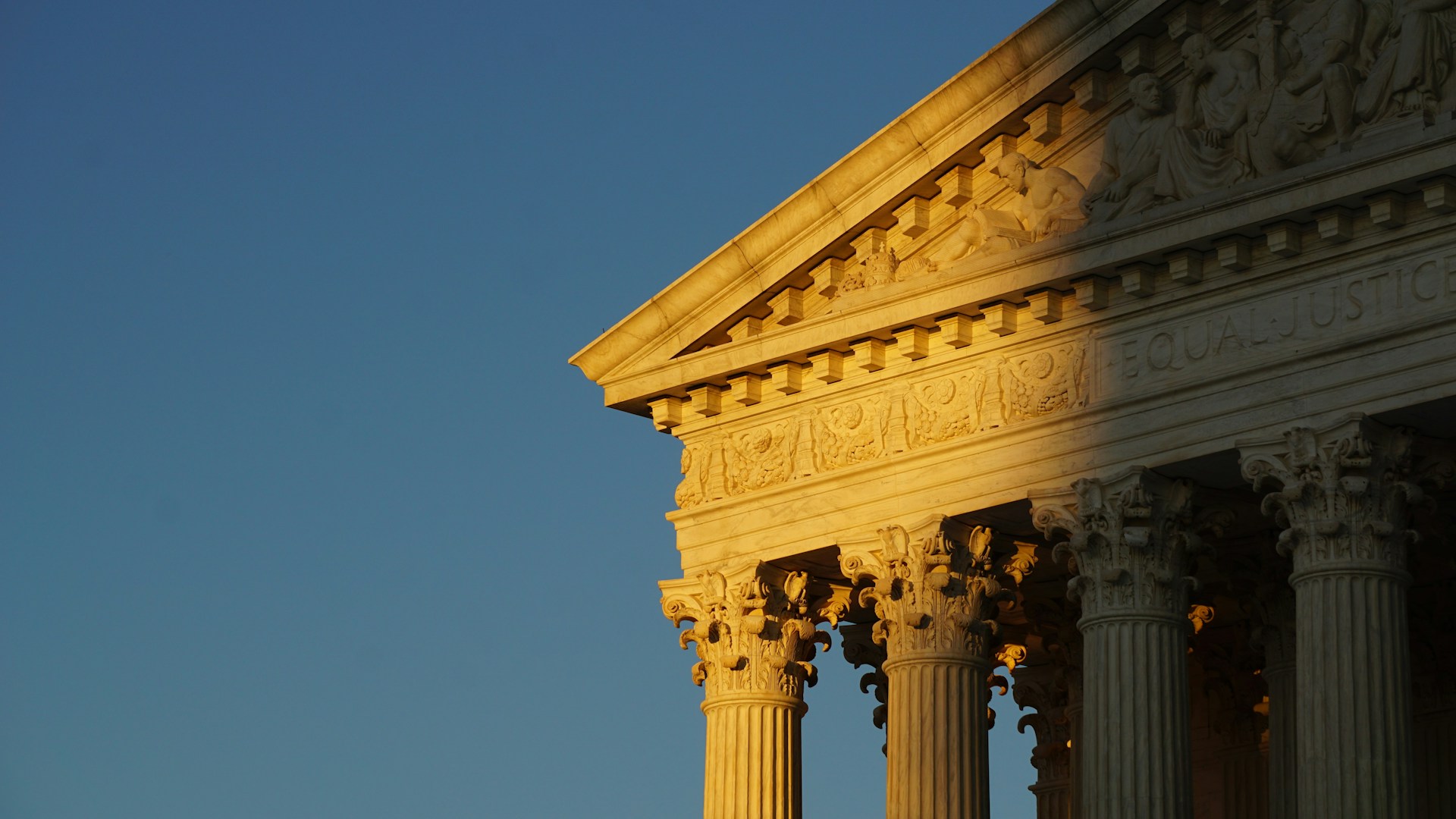
This ruling highlights a difficult legal problem as Texas was able to transfer the case from state to federal court.
They were able to argue that federal courts did not have the jurisdiction to try the case and that the Takings Clause would require particular authorization from Congress.
Texas Dismissal Request

Texas had requested that the case be dismissed, but it was rejected by the federal district court.
This was due to them stating that the Takings Clause is “self-executing” as it lets property wonders directly sue states in federal court for property seizure compensation.
District Court Appeal

Texas then tried appealing to the Fifth Circuit Court of Appeals who overturned the district court’s ruling.
In their statement, they claimed that the Takings Clause as part of the 14th Amendment does not allow individuals the right to sue states unless they have congressional authorization.
Supreme Court Review

As the Supreme Court reviewed the case they decided in a 9-0 decision to overturn the Fifth Circuit’s decision.
This allows for the landowner’s case to proceed although the Court did not provide comment on whether the Takings Clause would apply “self-executing” against states.
The Right to Just Compensation

Within the Takings Clause of the Fifth Amendment, it states that private property cannot be taken for public use without just compensation.
During the court case, it was made clear that Texas wholeheartedly believes in this right; however, it had raised questions on the procedural vehicle for how a property owner would be able to exercise this right.
Alito’s Comment

Writing for the Court, Justice Alito stated that past rulings are not clear in their answer on whether persons can sue states directly under the Takings Clause without congressional say-so.
Now the case has been sent down to the lower courts again to be further considered as part of Texas state law.
What Texas State Law Says

According to Texas state law, property owners can bring a cause of action to seek compensation from the state.
During the oral argument, Texas claimed that its state law inverse condemnation clause of action enables a vehicle for taking claims that are based on the Texas Constitution and the Takings Clause.
Property Owners Taking Action Under Texas Law

This new ruling has implications for Texan property owners and the state, as they can take action under Texas law.
This is because they can pursue their claims under the Takings Clause through the course of action that is available under Texas law.
Was It Land or a Lake?
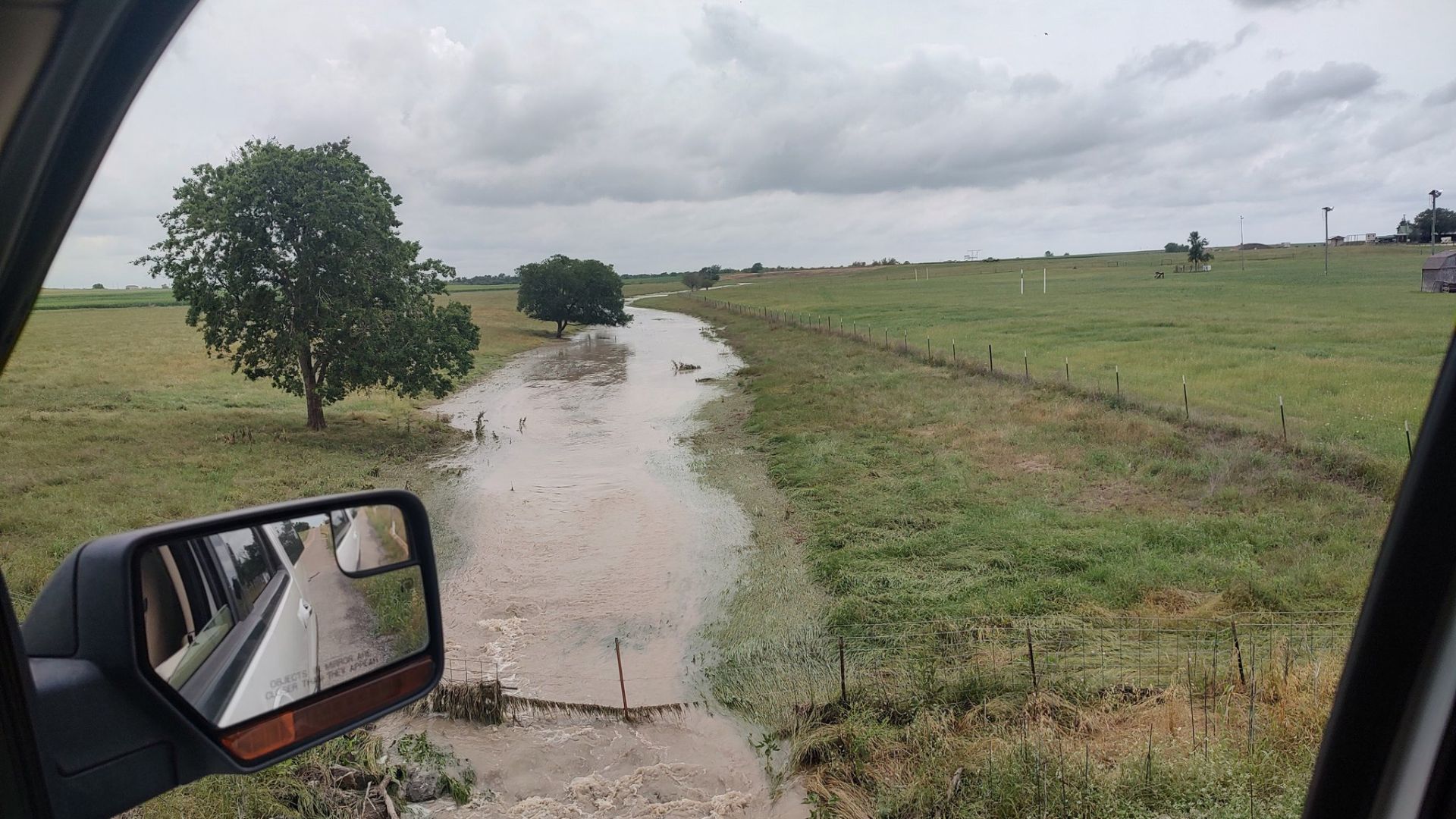
One of the major questions was whether the land was now considered as still being land or if it had been turned into a lake.
If it was now a lake, this is where there were problems as the Takings Clause states that Texas is allowed to turn a land into a lake whenever it fancies, but it has to pay for it first. However, Texas also doesn’t have to obey the Fifth Amendment.
Fifth Amendment Takings Clause Can Be Physical in Nature
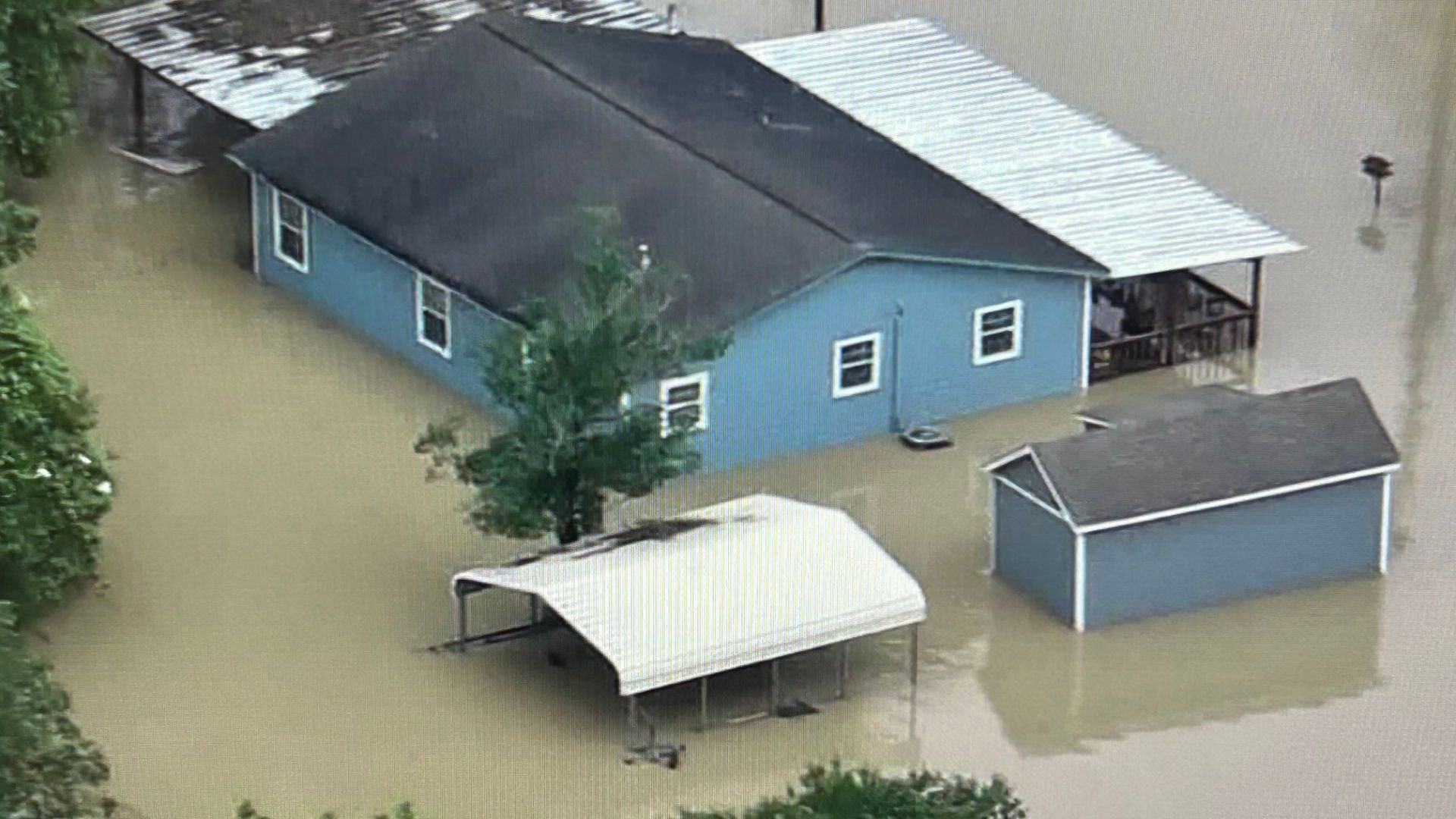
According to the Fifth Amendment Takings Clause, governments can take a piece of land that can be physical in nature. One way this can be done is by building a dam that causes permanent flooding of an area.
As it could be argued that the Department of Transportation had built the ‘dam’ on the IH-10, which then led to the flooding of surrounding land, it led to DeVillier demanding compensation from the Texas government.
Confusion Surrounding Texas Law

There is some confusion here, as it isn’t clear whether this cause of action can be brought in federal or state court.
If it can happen in state court, Texas can argue that the case should be transferred to federal court, only to then argue that the case should be dismissed as there is no federal cause of action.
Gun Law Implications

Lawsuits that challenge gun laws that are based on the Second Amendment could have implications following the Supreme Court’s ruling in Dillia v. Texas
The Takings Clause of the Fifth Amendment does not provide compensation for actions like confiscation or destruction of firearms although cases argue that this violates the Clause.
Court’s Lack of Clarity

There is now uncertainty in how legal proceedings can develop in claims relating to the Second Amendment.
This is because of the Court’s decision not to provide specific wording on if the Takings Clause will allow individuals to sue states directly in federal court.
Takings Violations

The lack of clarity in the wording of proceedings means that those looking to argue takings violations when challenging state gun control laws may prove challenging.
This could span bans on assault weapons, restrictions on magazine capacity, and requirements for firearm registration.
Federal Court Jurisdiction
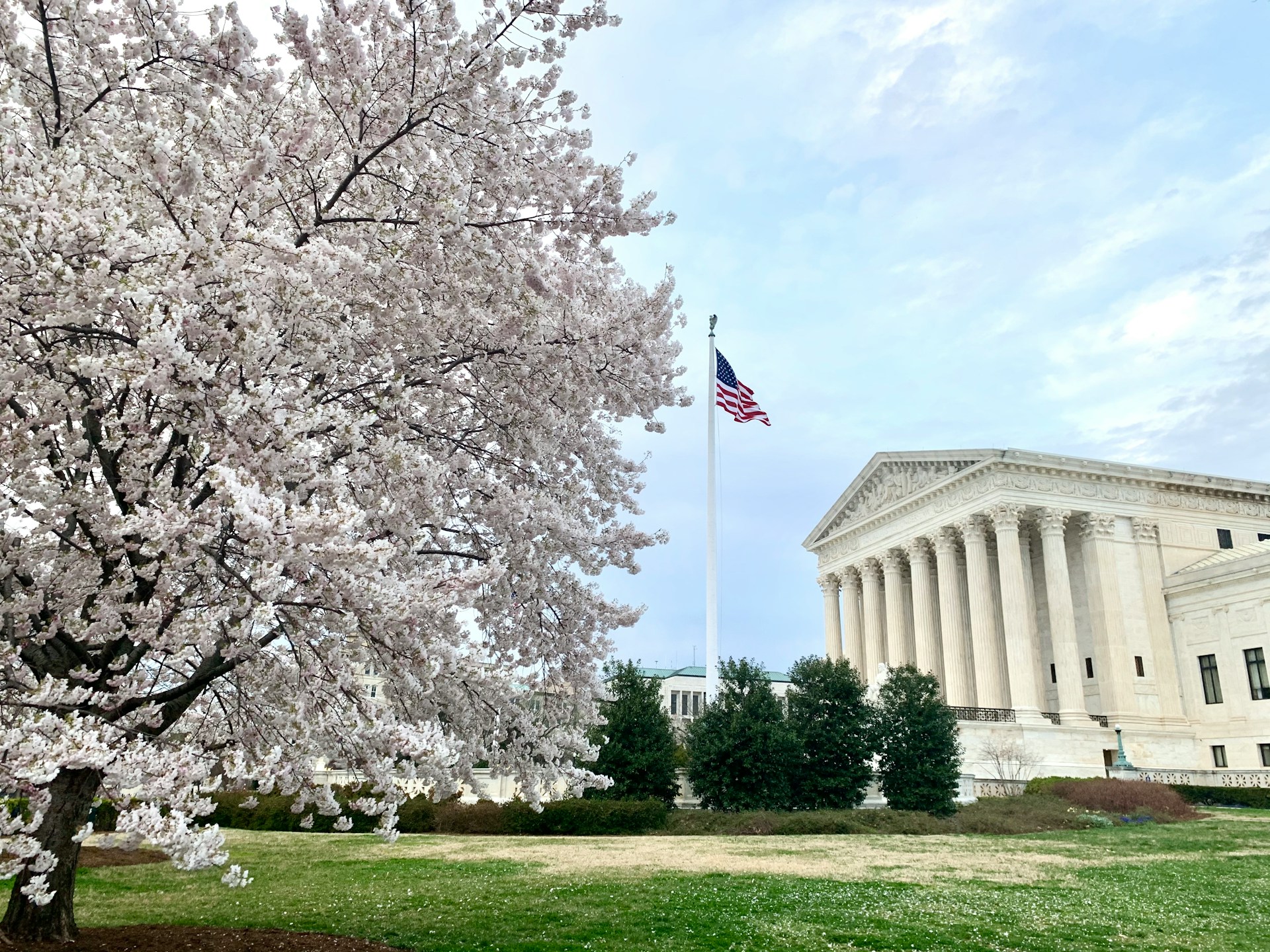
States may be able to continue arguing that federal courts do not have jurisdiction over direct takings claims until the Supreme Court clarifies the wording in the ruling.
This could impact Second Amendment cases which are filed against federal courts without providing congressional authorization for a cause of action.
The Second Amendment Preservation Act

One such case that has involved the Supreme Court regarding the Second Amendment is the Second Amendment Preservation Act in the state of Missouri in 2021.
The act enabled residents to hold a gun no matter what, something that the federal government challenged. The Supreme Court voted in an 8-1 decision in favor of the act; however, it is unknown how this will play out going forward.
Confusion Over Gun Laws

There is often some confusion over gun laws, as many states across the US tend to have different rules and laws when it comes to guns, which can often get reversed.
This includes a ruling in Oregon, where there was previously a statewide magazine ban. However, this was ruled unconstitutional and the ban got thrown out of court.
Supreme Court Sides With the NRA

The Supreme Court tends to make decisions where it sides with various Amendments in the US Constitution, despite the laws that various states put into place, when looking into what is best for US citizens.
This includes a ruling where it sided with the National Rifle Association (NRA), after an alleged First Amendment breach by New York’s financial regulatory body. But like other rulings, there are still confusions as to what this might mean for the future.
Gun Rights Lawsuits

This may complicate cases pertaining to gun rights lawsuits as they could be funneled through a complicated process going from state courts to then returning to the federal system.
There is now doubt over how legal proceedings will unfold if taking claims against states in federal court do not have a specific statutory cause of action from Congress.
The ruling highlights how the legal landscape continues to change and evolve over time, and stakeholders must stay alert to the principles outlined in the Constitution.
